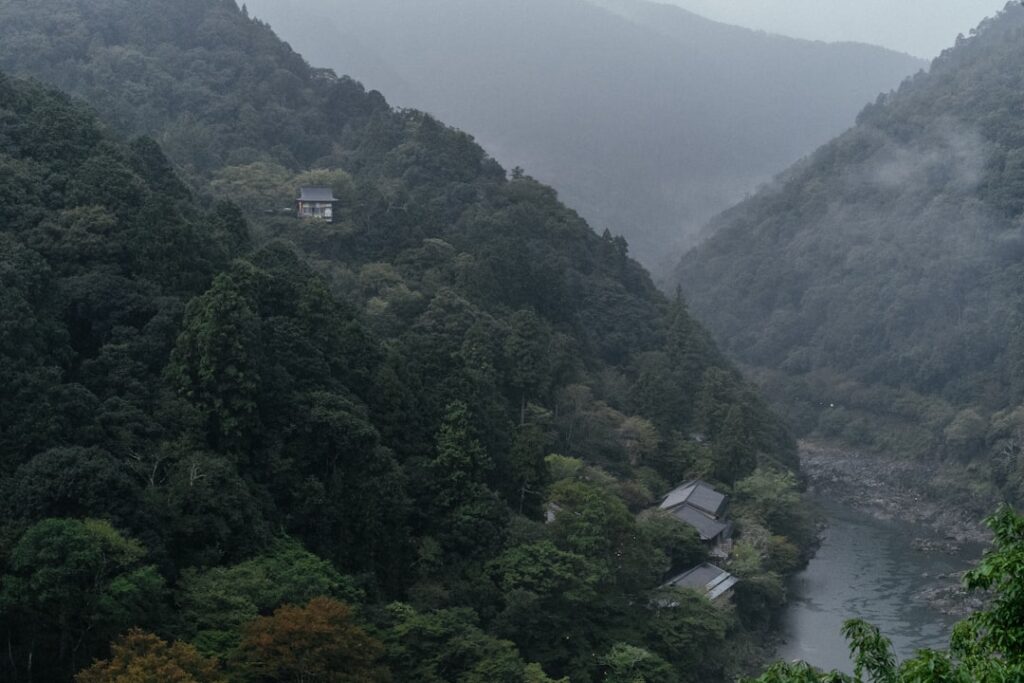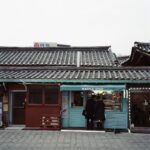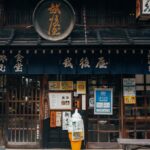Japan’s countryside onsen retreats have long been a haven for seekers of peace, nature, and tradition. But a quiet revolution is underway: rural ryokans across the country are reimagining the hot spring experience for a new generation of travelers. In this article, we journey beyond the steam to reveal how these hidden gems of Japan are blending time-honored hospitality with modern sensibilities, sustainable practices, and immersive local culture. Whether you’re an onsen veteran or curious newcomer, prepare to uncover a world of transformative healing, culinary delights, and heartwarming encounters far from the tourist crowds.
A New Wave of Onsen Retreats: Tradition Evolving
For decades, the quintessential image of a Japanese onsen retreat was one of tranquil simplicity—wooden ryokans nestled among misty mountains, communal baths, and quiet, candle-lit dinners. Yet in 2025, countryside onsen are riding a wave of innovation. Rural ryokans are harmonizing cherished customs with contemporary design and experiential amenities. Private open-air baths with panoramic mountain views, tatami suites infused with cutting-edge comfort, and creative workshops on local heritage are redefining what it means to “escape to the onsen.” This new era is not an abandonment of tradition but its joyful evolution—anchoring old-world charm while boldly inviting in the new.
Kusatsu & Kinosaki: Timeless Towns, Fresh Experiences
Few destinations are as beloved by locals as Kusatsu Onsen in Gunma Prefecture or Kinosaki Onsen in Hyogo. These towns boast centuries of history, each with their own iconic bathing culture and bustling, lantern-lit streets. But recent years have seen these communities burst forth with new experiences:
- “Yumeguri” (bath hopping) passports that gamify the tradition, rewarding visitors for exploring multiple public baths.
- Hands-on workshops, from onsen confection crafting to yukata dyeing, bring travelers closer to local culture.
- Evening illuminations and seasonal events turn quiet streets into magical wonderlands, drawing a new generation of explorers after dark.
Whether you’re wandering in geta sandals between historic bathhouses or tasting street food unique to the region, Kusatsu and Kinosaki offer a living blend of reverence and renewal.
Soaking Sustainable: Next-Generation Onsen Stays
A defining feature of the new countryside onsen is a passionate commitment to sustainability and localism. Ryokans in 2025 are not only building with environmentally responsible materials, but also championing farm-to-table feasts and outdoor wellness adventures.
- Eco-conscious architecture: From natural geothermal heating to the use of local cedar and bamboo, new builds exude beauty without harming the earth.
- Local food renaissance: Breakfasts feature wild foraged vegetables and river fish. Dinners highlight wagyu from neighboring pastures or mountain mountain mushrooms, prepared in both classic kaiseki and creative fusion styles.
- Nature immersion: Forest therapy walks, meditative waterfall hikes, and open-air baths that blend seamlessly into wild landscapes are standard fare, nurturing mind and spirit alike.
By weaving sustainability and local delight into each stay, these retreats invite guests to partake in a genuine, slow-paced Japanese lifestyle.
Secret Baths and Untold Legends: Local Endorsements
Forget the guidebook mainstays—ask a countryside local where to soak, and you may be sent down winding lanes to hidden baths fed by pure mountain springs. Small, family-run bathhouses dot secret parts of Gunma, Nagano, and Akita, with stories whispered between generations. Some are open-air “rotenburo” with mossy stones and forest canopies above; others are humble wooden huts by riversides, beloved for their healing reputation.
Every region boasts unique customs: in Tohoku, you might learn the art of “yumomi” (water stirring); in Kinosaki, seven public baths each boast a mythic origin story. Seasonal matsuri (festivals) often revolve around the healing power of hot springs, bringing the community together in joyous celebration. By following local onsen trails, travelers unlock not just relaxation, but old-world wisdom and deeper human connection.
All Seasons Welcome: Ryokan Hospitality Reimagined
Perhaps the most astonishing evolution is in rural ryokan hospitality itself. Proprietors blend omotenashi (the Japanese art of caring for guests’ needs before they’re spoken) with globally inspired amenities—think in-room yoga, English-speaking staff, or digital nomad-friendly workspaces overlooking tranquil gardens.
But above all, these countryside inns immerse guests in the “ma,” or beauty of seasonal transition:
- Spring: Pink sakura petals drift into open-air baths.
- Summer: Lush green valleys become playgrounds for fireflies and riverside dining.
- Autumn: Maples blaze red, framing steamy baths in bursts of color.
- Winter: Snow falls silently, transforming rotenburo into ethereal, frosted sanctuaries.
To experience Japan’s new wave of rural onsen is to encounter a hospitality that is not only deeply personal but also powerfully connected to the land and its rhythms—a true invitation to slow down, breathe deeply, and belong.







